6. Blow-Up (1966)
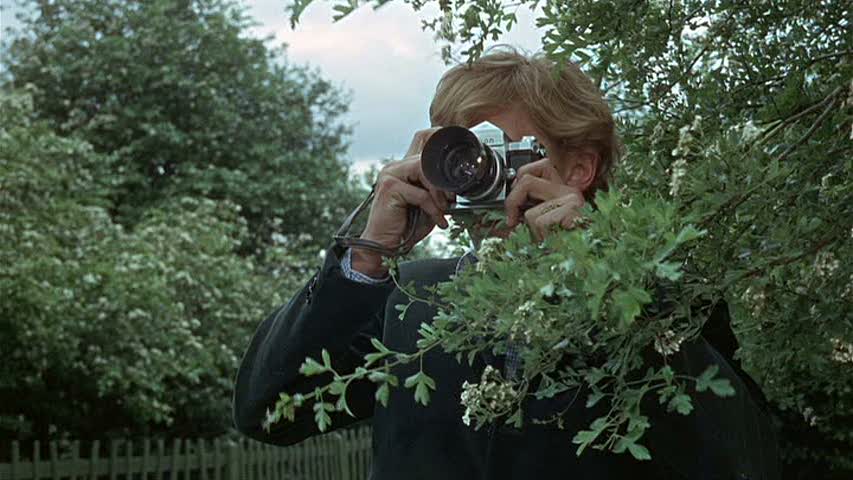
Blow-Up puts us in the shoes of Thomas, a smooth-talking mod photographer who finds himself caught in a labyrinthine mystery after accidentally capturing a murder scene during one of his daytime photo-shoots. By weaving through his everyday routine, the movie perfectly illustrates the London scene of the 60’s, with all the pompous fashion, rampant hedonism and generational ennui of the time. One of the biggest themes underlying Blow-Up’s noirish plot is the unattainable quest for truth, and how easily we accept the very same narratives we fabricate in our minds.
It comes as no surprise that an Antonioni picture would sneak its way into Scorsese’s list of 39 essential foreign films. After all, Antonioni’s ageless tales of social alienation proved to be foundational experiences to Scorsese, who’s repeatedly complimented the works from the Italian filmmaker.
During a retrospective article he wrote for the New York Times, Scorsese praised how Antonioni “opened new possibilities with every movie, bringing us face to face with time and space while they stare right back at us.” Reminiscing of the first times he encountered his films, he recalled the whole ordeal as being “frightening and freeing, as if the possibilities of cinema were suddenly limitless.”
7. Peppermint Candy (2000)
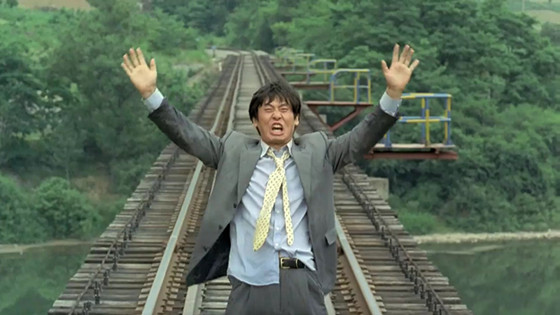
Martin Scorsese has long championed foreign cinema, putting a spotlight on some of the best auteurs around the globe by helping restore and present neglected films with his World Cinema Foundation. In the foreword to Kyung-Hyun Kim’s book ‘Korean Cinema on the Global Era’, Scorsese wrote at length about the New Korean Wave, chronicling how he stumbled upon a “group of filmmakers with a new approach to film language” that slowly crept up on him without warning.
At first, Scorsese perceived how violence, action and chaos became ‘expressive instruments’, describing the first Korean films he watched “as ferocious as a great Eric Clapton guitar solo”. Later on, he noticed how the same melancholy and unease that lingered in the background of other Korean movies ‘took front and center’ in this gut-wrenching thriller by Lee Chang-dong.
Peppermint Candy is an unapologetic character study that weaves through different life chapters from a broken man, showing them in reverse chronological order. The movie opens up with our protagonist on the verge of suicide, before journeying back into his past, exploring the correlation between self and surroundings, and reassessing the external forces that pushed him to become the desperate man we first meet.
Scorsese appreciated how Lee designed the movie “as an ambitious portrayal of an entire society filtered through the experience of a few characters, devoted to giving you the texture of life; the dreams, and the cold realities, the habits and prejudices and the different ways of living”.
8. Eyes Wide Shut (1999)
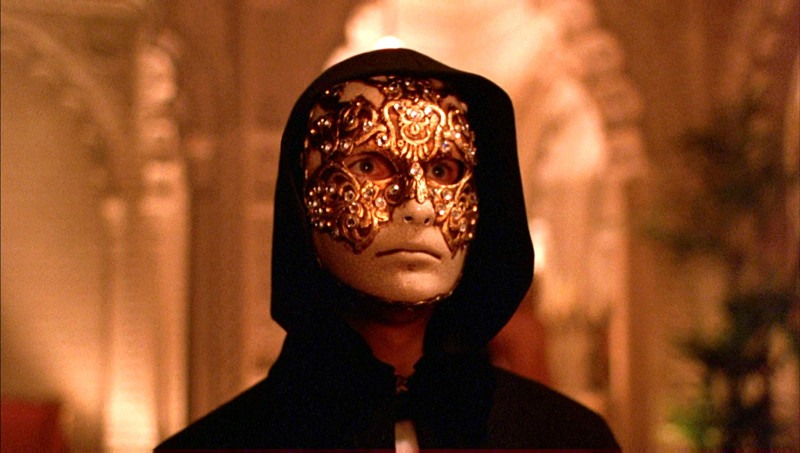
During a segment for Roger Ebert’s show, Scorsese placed Stanley Kubrick’s cryptic movie as his fourth favorite of the 1990’s. He described it as a “profound film about love, sex, trust in marriage and either accepting or ignoring whatever unpleasant truths that come along” where a happily married couple realize “just how fragile the bond between them is”.
In Eyes Wide Shut, Kubrick passes judgement on modern voyeurism and frail masculinity in what feels like an unpredictable fever dream reminiscent of Scorsese’s After Hours, embracing the frenzy, dark side of New York as it digs deeper and deeper into the hidden morbidity of the human condition. Scorsese believes it’s not to be taken literally, “it’s Manhattan as you’d experience it in a dream, where everything feels familiar but strange”.
Scorsese’s admiration for Kubrick knows no bounds, and he continued to praise Eyes Wide Shut as a film he cherishes because “it puts you in the authoritative hands of an old master, with a style that flies in the face of every modern convention”. It makes sense that an eccentric workaholic like Kubrick would spend the last of his days wrapped in a nightmarish production for one final film that’s as obsessive and enigmatic as the man behind it.
9. The Entity (1982)
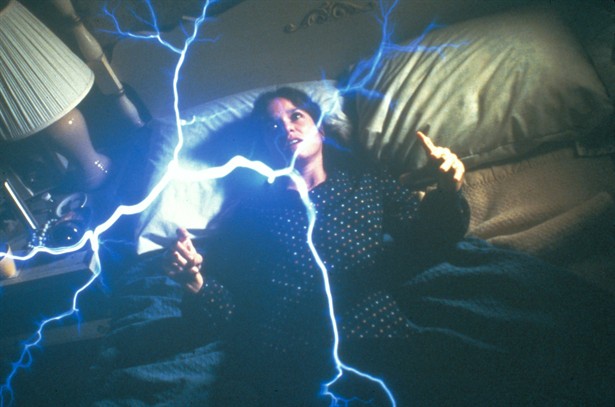
The Entity is almost certainly the most disturbing movie featured in our list, a harrowing thriller that explores the everlasting consequences of trauma, abuse and psychological manipulation in an unflinching two hours of runtime.
Martin Scorsese eloquently put together an apt synopsis of the movie during an interview for The Daily Beast: “Barbara Hershey plays a woman who is brutally raped and ravished by an invisible force in this truly terrifying picture”. When prompted to explain the reason why the movie is so unsettling, Scorsese credited The Entity’s “banal settings” and “California-modern house” with accentuating the “unnerving quality” that defines the story.
You can hardly fault Martin Scorsese for citing Sydney Furie’s nightmarish tale as one of the most frightening movies of all time as it’s definitely not one for the faint of heart. What starts as a slow burn, progressively builds up to a gut-wrenching introspective into a woman’s psyche, exploring the balance between psychological and paranormal as an unsubtle allegory to the horrors of sexual assault.
10. Ugetsu (1953)
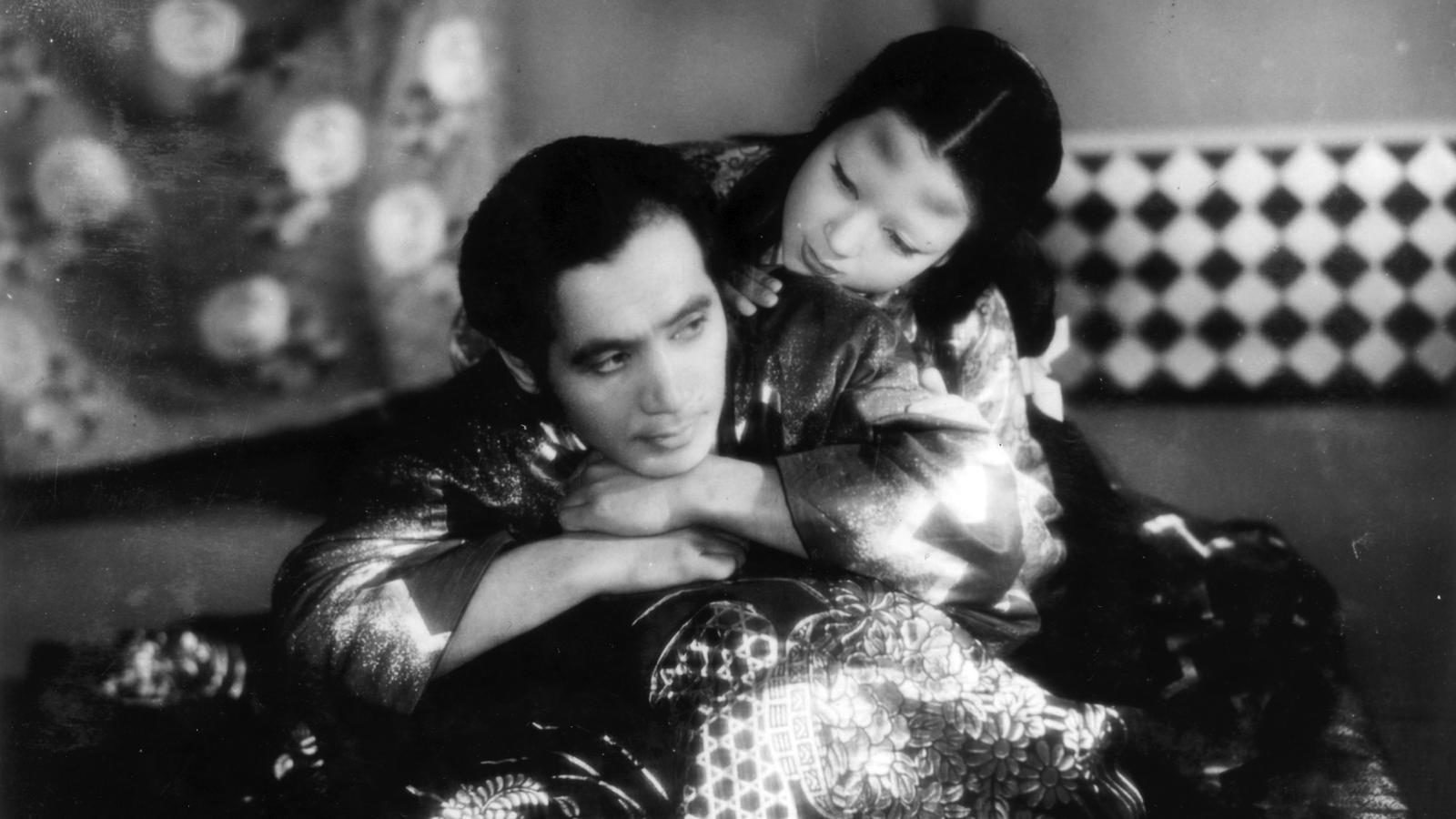
Bookending this list, we have a movie that’s been endlessly praised by Martin Scorsese throughout the years. Not only did he place it among his ten favorite movies of all time in a Sight & Sound poll and in his curated list of 39 foreign movies, but Scorsese personally supervised its latest 4K restoration, from the picture and sound to the booklet presentation.
The movie at hand is Kenji Mizoguchi’s Ugetsu, an ethereal ghost story drenched in Japanese literature and folklore, following two poor peasants who pursue a life of riches and glory only to end up losing themselves. As far as thrillers go, Ugetsu is one of subdued nature, a dreadful nightmare slowly crawling into your mind through masterful atmosphere. Scorsese claims he first saw it in 1958 and has been obsessed ever since by its “beauty and poetry”, praising Mizoguchi as “one of the greatest masters who ever worked in the medium of film” whose artistry is “channeled into the most extraordinary simplicity”.
During an interview with Criterion, Scorsese cited Ugetsu as the Mizoguchi film that had the most powerful effect on him, saying there’s moments in it he’s seen again and again that “always take my breath away and fills me with awe and wonder”.